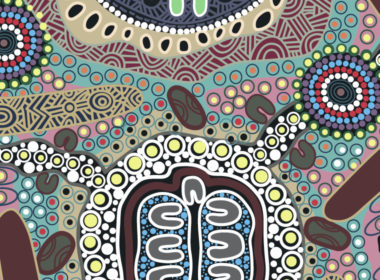Snapshot
- The Bugmy Bar Book is a free online resource summarising key research about the impact of experiences of disadvantage and strengths-based rehabilitation. It is designed to assist people who come into contact with the legal system and those who represent them.
- The materials can be used by practitioners across a range of practice areas, including criminal law in sentencing, bail and mental health diversionary applications. The resource has also been relied upon by practitioners in civil jurisdictions, including housing and in coronial inquests.
- The project is undergoing development and expansion to jurisdictions other than NSW. Legal and Program Managers have been appointed to lead the next phase of the project and deliver education and training to the profession.
The commencement of the Walama List at Sydney District Court in January 2022 was welcomed by the profession as a much-needed step towards a culturally safe and holistic First Nations sentencing court for adult offenders in NSW.
A key feature of the Walama sentencing process is the involvement of First Nations community Elders and Respected Persons in courtroom discussions. The model presents an opportunity for the court to form a richer, more holistic understanding of an offender’s background and experiences, as well as their strengths, resilience and the significance that their culture and community has on their healing and rehabilitation.
Since the High Court handed down its judgment in Bugmy v The Queen (2013) 249 CLR 571 (‘Bugmy’), a number of judges writing extra-judicially have called for advocates appearing for offenders from disadvantaged backgrounds to place higher quality material before courts to assist with the task of evaluating and applying the Bugmy principles.
During a panel presentation at the biennial Criminal Lawyers Association of the Northern Territory (‘CLANT’) conference in Darwin last month, Justice Dina Yehia – who served as the inaugural Walama List Judge prior to her appointment to the Supreme Court – reiterated the importance of advocates assisting the courts in this way. Justice Yehia also called for greater reliance on research in court proceedings, remarking, ‘The research contained in the Bugmy Bar Book chapters can help courts to better understand the impacts of an offender’s experiences on their behaviour and assist in shaping appropriate orders to give effect to the various purposes of sentencing.’



